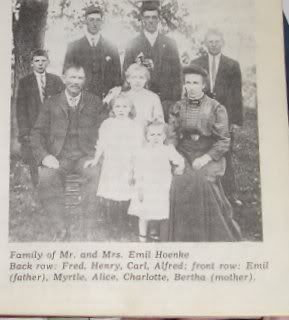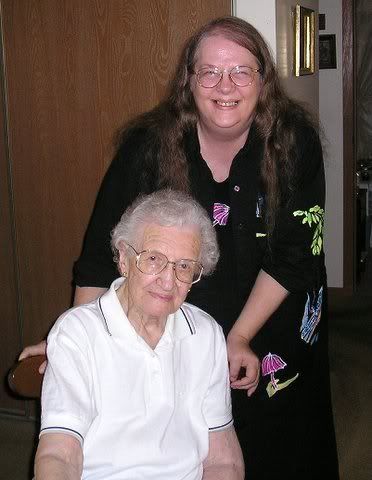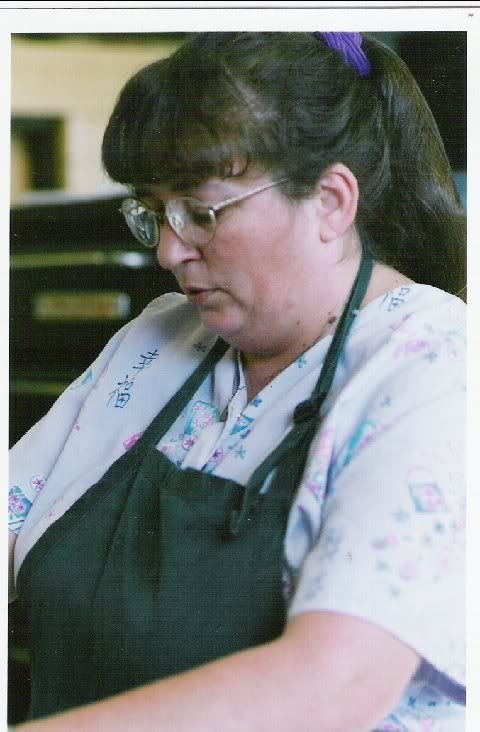Hmm ... Just a Tease ... Need to bring home the bacon!

Ok, ok … yes we look jut this excited. Good morning. I apologize for the lack of posts. We’d written one over the course of a couple of days, but we lost it when the machine turned off … for some reason the computer didn’t think to save it booooo…
We’re a little bit groany this morning. Our fingers are hurting and we didn’t leave enough time to study and we’re feeling just tired and cranky. We didn’t have a very good Dr. M. session last night … Some parts out crying, but its been worse. Little tummy problem too … shoot we’re a downright mess!
This is where we are right now with school …
u01d2 Scientific Discipline :
For this activity, you will locate an article on the Internet and discuss it and the text readings from this unit.
Instructions
1. Conduct a library search to identify one psychological journal research article
published since 1990 related to an area of interest in social psychology.
2. Read the article you located and incorporate the information into your discussion response. Remember to cite the research article. Do not provide just a descriptive report. List the full reference for this article using the APA 5th edition style guidelines reference lists and citations.
3. Remember to cite information from the text readings as appropriate.
4. Consider the following:
o Is social psychology a scientific discipline?
o If so, what makes it a scientific discipline?
o What areas of research in social psychology interest you the most in terms of pursuing research or applying the information to your own current or future professional setting?
"Research concerning groups has experienced a rapid development over the last 15 years of the 20th century--the result of the late but then clear institutionalization of psychology into university structure" (Rodriguez, 2002).
"It is necessary to point out its excessive dependency in both theory and methodology on models and tools elaborated throughout North America and Europe."
Rodriguez (2002), proposes "creating a European formative curriculum for group psychologists I order to unify and promote research within this active and important field of [social] psychology."
"America's dual interest in social welfare and practical science fueled the emergence of social psychology in the late 19th century" (Morawski, 2000).
"Contesting models of social psychology … were challenged by the discipline's growing dedication to the scientific method and experimentation, as well as the profession's need to produce knowledge that could be readily used to address current social problems and regulate social institutions" (Morawski, 2000).
"The modernity of social consciousness or of the social self thus was set with both the comparably modern glue of aggregate experimental techniques and an accordant positivism that measured visible features of the social world, which were to be the means to make social psychology (and psychology generally) a genuinely useful science" (Morawski, 2000).
In development of a team theory, Skipton & Freedman (2000) write "The influence of important schools of social and organizational psychology as well as the political and social milieu of the times on the research and theory of teams is identified: scientific management in the 1920s, the emergence of social psychology in the 1930s, World War II, group dynamics in the 1950s, social action of the 1960s, team building in the 1970s, economic turmoil in the 1980s, and the ascendance of team-based organizations in the 1990s."
Wallach and Wallach discussed the nature of social psychological hypotheses and the manner in which psychologists respond to the empirical results of experiments designed to test those hypotheses. In doing so, they offered some provocative opinions about what makes a hypothesis interesting, important, or worthwhile to test. They argued that, in social psychology, “hypotheses derivable from propositions very much like tautologies may not be infrequent” and that “their confirmation as such is of little interest” (Abstract; see also p. 241)" (Schaller, Crandall, Stangor & Neuberg, 1994).
"Thus, we submit that there can be no single authoritative answer to the question “What kinds of social psychology experiments are of value to perform?” In the long run, social psychology (not to mention the sciences in general and society at large) is likely to benefit from an unrestrictive, eclectic, even anarchic approach to the generation of ideas and hypotheses" (Schaller, Crandall, Stangor & Neuberg, 1994).
"The focus on “near-tautologies” is not the whole of Wallach and Wallach's article. They also critically discussed Gergen's (1982 , 1988) thesis that social psychology is essentially nonempirical" (Schaller, Crandall, Stangor & Neuberg, 1994).
"Tautology - Repetition of the same word or phrase, or of a literal equivalent in the same sentence" (Corsini, 2002).
Brehm, S. S. Kassin, S. & Fein, S. (2005). Social psychology. Boston: Houghton Mifflin.
Corsini, R. J. (2002). The dictionary of psychology. NY: Brunner-Routledge.
Marsh, H. W. Hau, K. (2003). Big-fish-little-pond effect on academic self-concept: A cross-cultural (26-country) test of the negative effects of academically selective schools. American Psychologist, 58, 364-376. Abstract retrieved July 13, 2006 from EBSCOhost database.
Morawski, J. G. (2000). Social psychology a century ago. American Psychological Association, 55, 427-430. Abstract retrieved July 13, 2006 from EBSCOhost database.
Rodriguez, F. G. & Alcover de la Hera, C. M. (2002, December). Small group research in Europe: contributions to the field from Spanish social psychology 1955-2000. European Psychologist, 7, 265-274. Abstract retrieved July 13, 2006 from EBSCOhost database.
Scaller, M., Cradall, C. S., Stangor, C., & Neuberg, S. L. (1995). "What kinds of social psychology experiments are of value to perform?": Comment on Walach and Wallach (1994). Journal of Personality and Social Psychology, 69, 611-618. Abstract retrieved July 13, 2006 from EBSCOhost database.
Skipton. L. H. (2000). From scientific management through fun and games to high-performing teams: A historical perspective on consulting to team-based organizations. Consulting Psychology Journal: Practice and Research, 52, 3-19. Abstract retrieved July 13, 2006 from EBSCOhost database.
End That Stuff…
Ok ok … moving along … we jumped in the shower early so we could concentrate for a bit. We have a half hour now before work. I took our medicine too so feeling better all around … we were having problems with achy fingers. We take pain medicine prescribed and over-the-counter for arthritis, and the shower time gave it a chance to seep in.
Now we’re about to here …

I’d like to pull together a real quick outline before I go. Let’s see how that would work.
Paper...
The article I chose to center on was “Big-Fish-Little-Pond Effect on Academic Self-Concept: A Cross-Cultural (26-Country) Test of the Negative Effects of Academically Selective Schools” by Marsh and Hau (2003). In answering the questions, “Is social psychology a scientific discipline?” And, “What makes it a scientific discipline?” I would answer affirmatively to the former especially due to social’s psychologies primary interest in the scientific method and experimentation combined with attention to social consciousness and the social self (Morawski, 2000). In response to the latter, I would suggest that the system of testing hypothesis empirically allows us to build an objective and methodological knowledge-base that is very scientific. The development of social psychology has followed a pattern of hypotheses testing, though this has been challenged by psychologists such as Wallach and Wallach as noted by Schaller, Crandall, Stangor & Neuberg (1994). The work of Marsh and Hau will illustrate the generalizability of large empirical studies based on large multi-cultural samples. Last we will summarize the effect on this particular study on the area of study we are working on in serving adults with developmental disabilities.
Pause Paper ... Go to work silly!
















